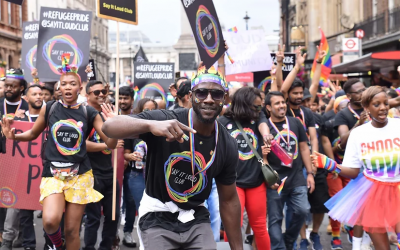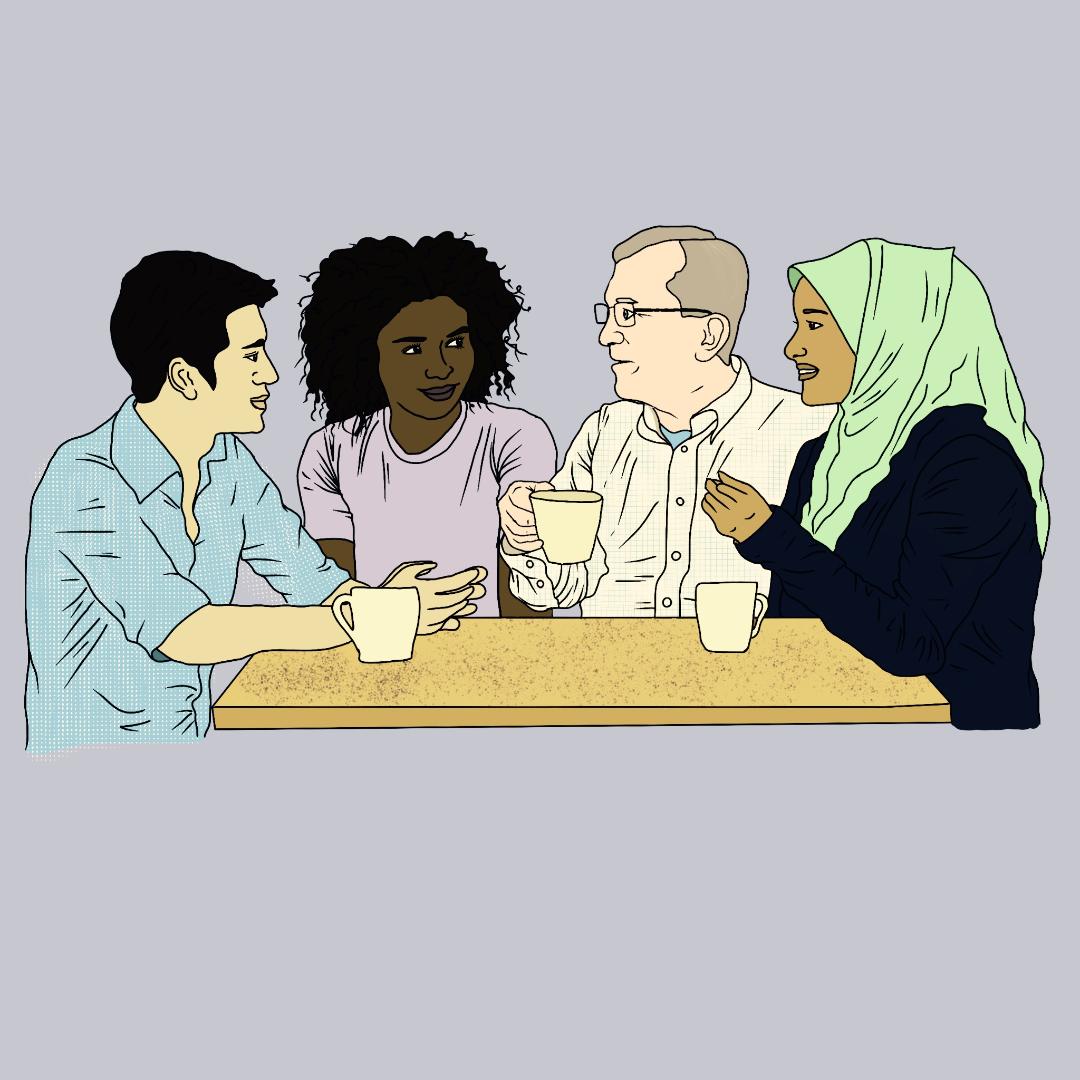The irony of loneliness is that you can feel lonely in a room full of people. There are many forms of loneliness, not least when you feel an “outsider“ in a country that does not resonate with your own culture. There may not be a cure for loneliness but there are ways to recognise and adapt.
Loneliness is a feeling, an emotion, a sensation felt by most of us sometimes in our lives. According to some, it is an evitable part of the human condition. The realisation of the impact of loneliness came to the fore during COVID lockdowns, when the need to isolate ourselves from others, including family and friends, highlighted how important social interaction is for our health and mental wellbeing. Loneliness, though, is hard to define because it is not just one emotion but rather a cluster of “feelings” – anger, grief, anxiety, and sorrow – which everyone experiences differently. One explanation, is according to Mind, a mental health charity.
Some people describe loneliness as the feeling we have when our need for social contact and relationships isn’t met. But loneliness isn’t the same as being alone. You may feel content without much contact with other people. But others may find this a lonely experience.
What is known is that loneliness does not discriminate based on age, gender, religion, or race. Loneliness is a condition that can affect everyone at any stage of life. Many types of loneliness range from emotional to social, chronic to situational. One form of loneliness relates to culture. Cultural loneliness is a phenomenon that is not new but which is now gaining more recognition and understanding. There is no formal definition for cultural loneliness, but it has been described in one instance as when:
someone feels disconnected from their own cultural or ethnic identity. It can occur in multicultural societies when individuals struggle to find a sense of belonging within their cultural or ethnic group.
One of the authors in the TogetherintheUK anthology, Hear Our Stories, describes the challenge of growing up speaking only in one language and now, as an adult, thinking in another, and speaking one language to her parents but another to her siblings. The cultural divergence was not just in language but in a different approach to parenting based on cultural distinctions. Erica talks of how those differences were difficult for herself and her mother.
Oh, the loss of cultural identity. That was hard for my mother.
Cultural identity. It runs deeper than mere speech and language.
It’s being proud of who you are, but I grew up feeling different and ashamed, and it caused my mother so much anguish.
Growing Up “Different” to my Mum, by Erica Pham
A second author in the anthology, Meduulla, also explores her unique heritage that combines Zimbabwean and British culture.
It’s like watching myself, losing myself, but I’m still struggling to change the station.
Long Distance Relationship, by Meduulla
Another aspect of cultural loneliness which may sound familiar to migrants when they settle in a new community – is the feeling of “being an outsider”. The author Sisi Wang, featured in Hear Our Stories, describes it eloquently,
The feeling of being an outsider cannot be understood until it’s felt.
You feel that you are only welcome when you are the version of yourself that they like.
Please Question your Misconceptions, by Sisi Wang
This loneliness is the sense of isolation or disconnection felt when experiencing differences in cultural background, values, and practices. The process of acculturation can be hampered by factors such as language barriers, cultural differences, lack of familial support or social network, and through experiencing discrimination and prejudice. Despite these challenges, typically, migrants work hard to adapt and integrate to their new environment, and again, in the words of Sisi:
I saw a society that didn’t reflect my culture and my experience, but I kept telling myself that I could belong, regardless of our differences.
Or as Inna, a young migrant from Ukraine who, recalls her first feelings when arriving in the UK.
New experiences, so beautiful
People, streets, roads, and houses.
Everything is alien; I can’t stand it.
For others, only I am a stranger.
In Britain, by Inna Martinova
Unfortunately, there is no panacea for loneliness: speaking with a professional might help identify the core issues and enable a person to recognise the causes and then develop actions to alleviate the sense of isolation. For others, integrating themselves, physically, mentally, and emotionally, into their new community to experience a blended cultural environment might lessen their loneliness. It might be a long process, but a journey worth taking. Experts and organisations are available to help. What we do know is that cultural loneliness, however it manifests itself, can impact a person’s sense of belonging and possibly their mental health. It emphasises the importance of creating inclusive and diverse environments that recognise and respect all cultural identities. The words of one of the youngest writers in the anthology, Hear Our Stories, sum up the importance of inclusion in your new community.
She showed me that no matter where you live in the world or where you come from, it is the kindness of your neighbours and friends that makes you feel at home.
How One Woman Changed my Life by Anthony
If you are experiencing any form of cultural loneliness, take inspiration and hope from this beautiful soul-lifting poem written by Hajra and published in Hear Our Stories,
I recall the moment very vividly,
When the sun had sat quietly.
The silence was loud,
And the moon shone proud.
I realised that I had now started to call this place home,
And I no longer felt alone.
In this Land I had Found a Lover, by Hajra
Helpful resources
- Samaritans – call free 24/7 on 116 123
- Mind
- Meet Up
- National Council for Voluntary Organisations (NCVO)
- MeetUpMondays
- Next Door
- Natural Voice Network
- Visit your local GP and Library for details on other resources.
Useful strategies
- Learn the language of your new environment – the ability to communication and interact.
- Build a support system – fellow migrants and locals open to cultural diversity.
- Seek professional help – from your GP, who can refer you for specialist help.
- Stay active – activities and hobbies to extend your social reach and learn new skills.
- Engage in different cultural activities – learn about your new culture.
- Join cultural or community groups – aligned to your own culture for a sense of belonging.
- Use relevant online platforms – migrant forums, social media groups.
- Volunteer – with organisations or charities that interest you.
- Be patient and open-minded – adjusting to a new culture takes time.
To read more about the lives and impacts of migrants in UK society, go to TogetherintheUK.
To purchase a copy of Hear Our Stories, an anthology of migrant writings compiled by TogetherintheUK, go to Support Us.




